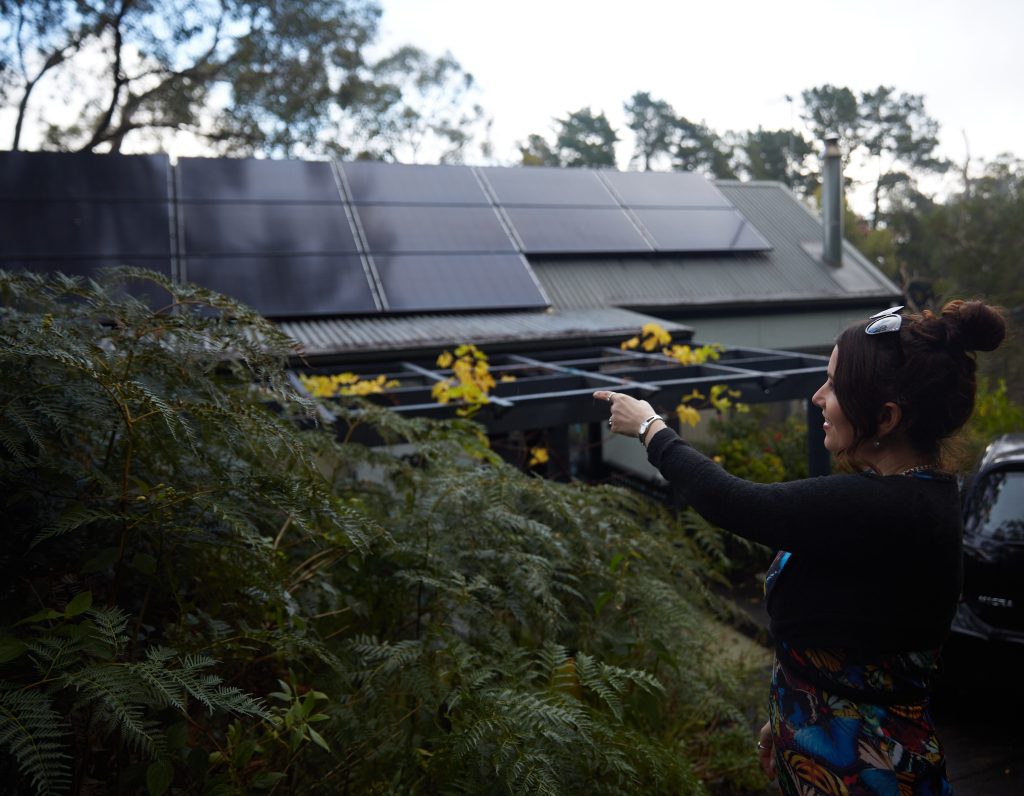Chief Investigators
Dr Simon Heslop (UNSW)
Purpose of project
Better use of electrical energy, whether rooftop solar or renewable energy from the grid is crucial to Australia’s clean energy transition, as is using energy storage to make renewable energy available 24/7. The time electricity is used and the way it is stored will play an increasingly important role in the energy transition, and allow the financial, environmental, and social costs to be minimised. Batteries can store electrical energy, but some household energy needs can be more efficiently met by energy stored as hot and/or chilled water and by managing flexible loads, such as air-conditioners, pool pumps and EV charging it is possible to better align energy use to match peak energy production and in turn optimise the use of distribution infrastructure (poles and wires).
To enable these options, we need consumer-friendly products and smart devices that can empower users to reduce their energy bills and carbon emissions with minimal ongoing effort while still allowing the user to be in control. Provision of clear cost signals to inform and educate consumers, and to the building of trust is also an integral requirement.
Impact of project
This Facilitating Smarter Homes* Opportunity Assessment examined current technical, social, and regulatory barriers to the development of home energy technologies that facilitate the seamless integration of energy flow between solar and flexible loads. The work also identified opportunities for consumer-facing applications driven by smart energy data algorithms, which could inform households and empower them to control their home energy consumption.
The output from this research is an extensive scoping report identifying the apps, algorithms, policy, and standards required to enable the introduction of consumer-friendly energy products which allow customers to assess, manage and therefore optimise their energy demand, storage, and generation. Also unlocking the potential for households to increase solar self-consumption and household load flexibility, provide grid support, and reduce electricity bills and CO2 emissions.
*Formally referred to as Using Home Energy Technologies for Grid Support & Smart Algorithms for Optimising Home Energy Supply and Use.
Project partners – industry and research
UNSW (lead), Ausgrid, DEECA (VIC), Endeavour Energy, Griffith University, UTS
Published Report
Status
- Completed
Opportunity Assessment
- Completed
Project Leaders
- Simon Heslop, UNSW
Reports
Completion Date
November 2023
Project Code
0415







